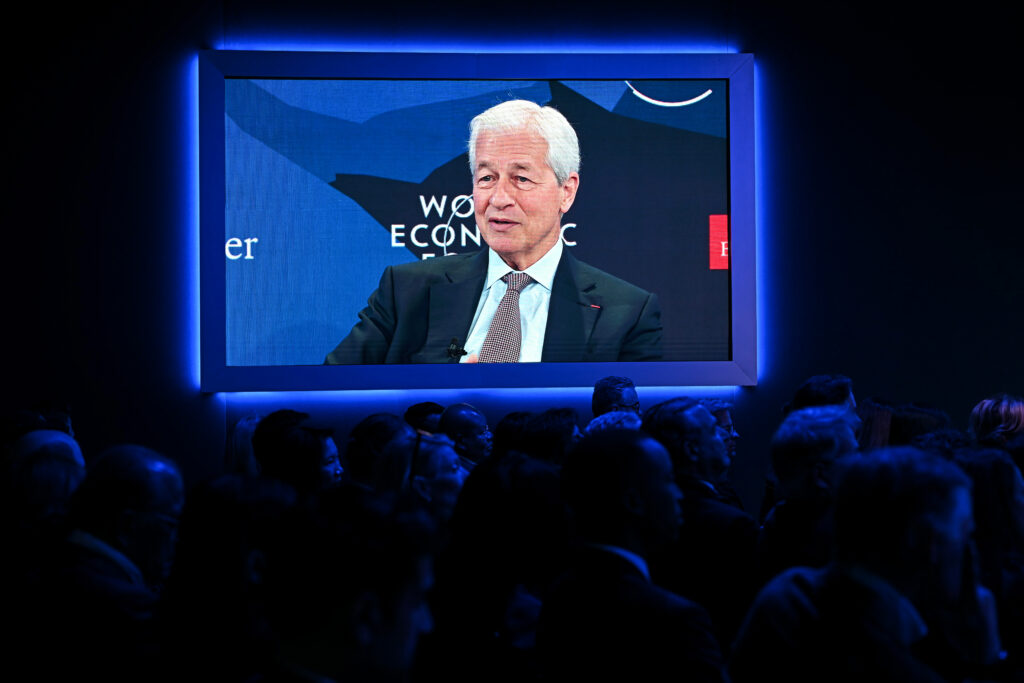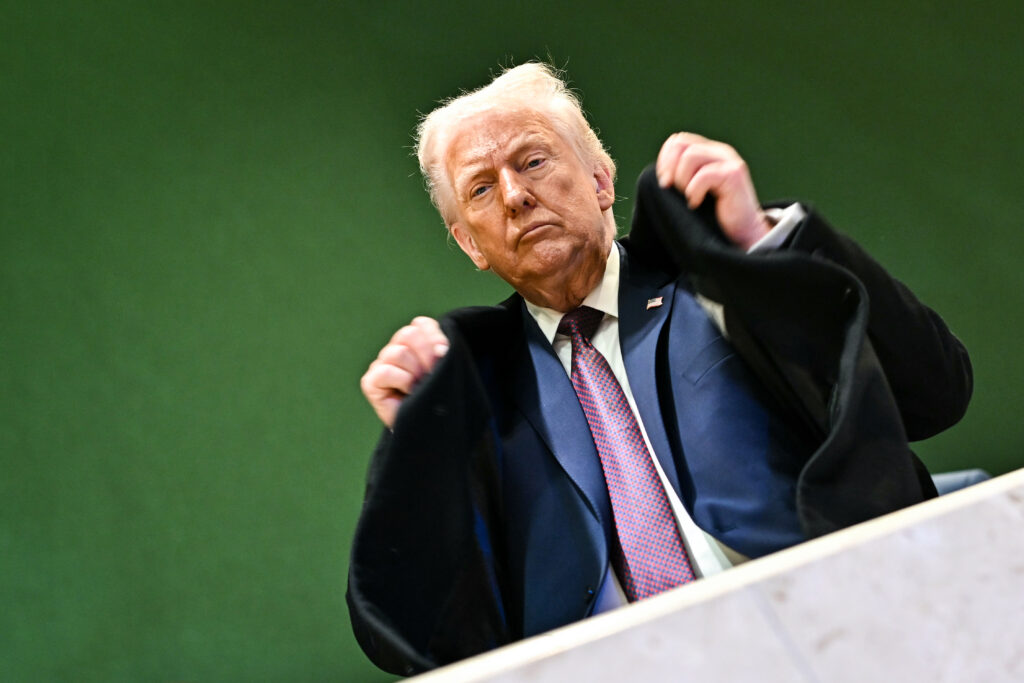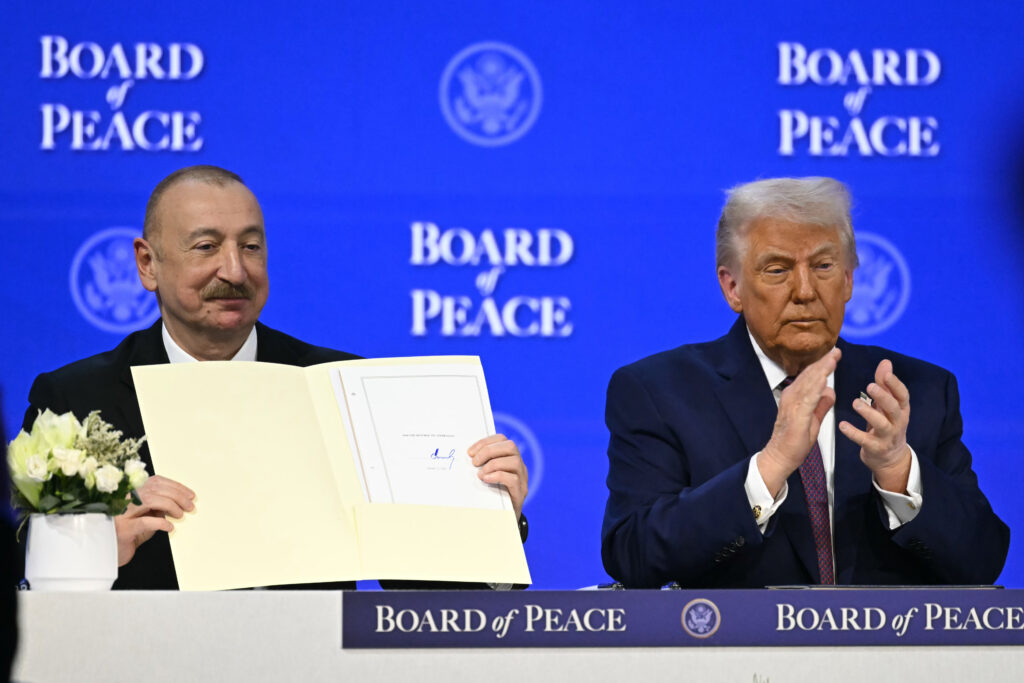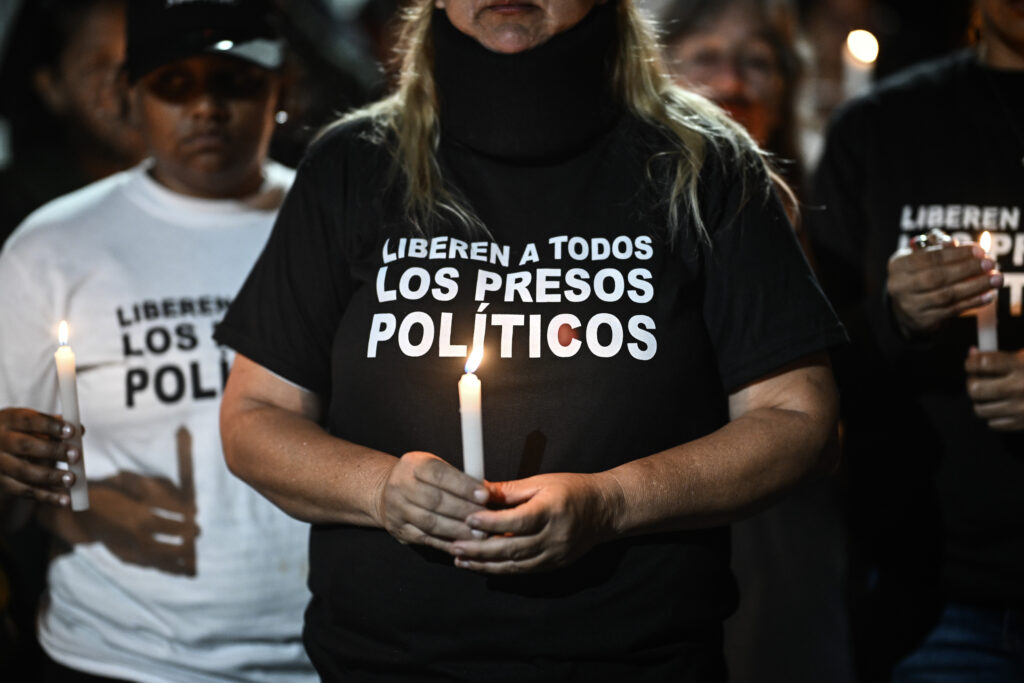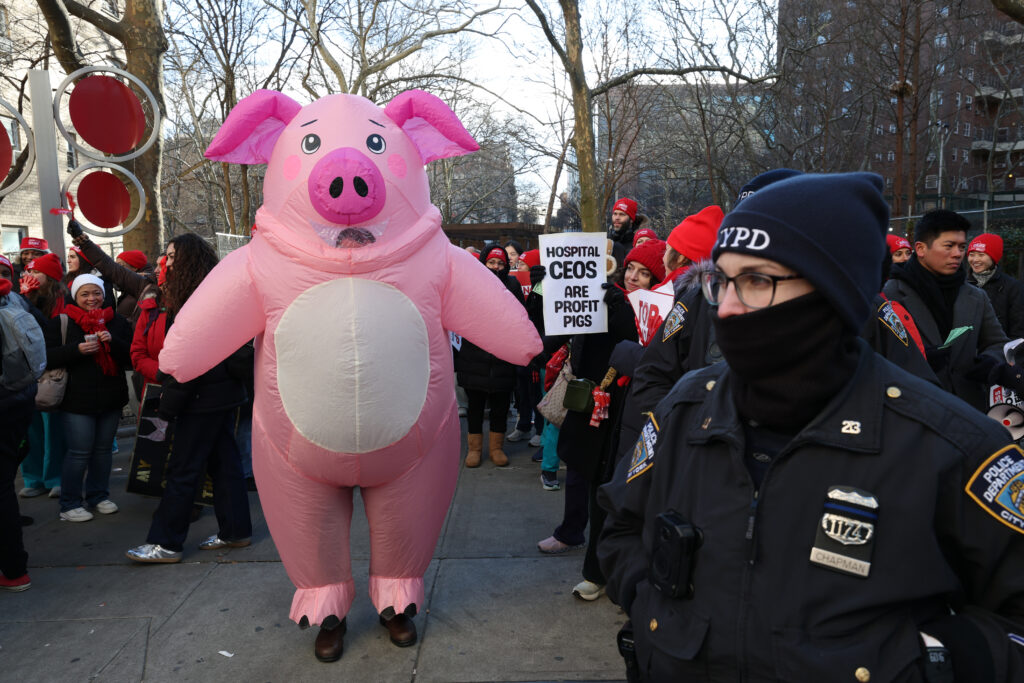Trump sues JPMorgan Chase, CEO Dimon, claims ‘debanked’ for politics
US President Donald Trump sued JPMorgan Chase and CEO Jamie Dimon on Thursday, alleging he was wrongly “debanked” for political reasons, according to a civil complaint.Trump is seeking at least $5 billion in damages in a civil suit filed in a Florida state court. The complaint focuses on the nation’s biggest bank’s moves to cut ties following the January 6 siege on the US Capitol after Trump refused to concede following his loss in the 2020 presidential election to Joe Biden.JPMorgan said the case has “no merit,” but called for regulatory reform to “prevent the weaponization of the banking sector.”Trump was notified on February 19 that JPMorgan was closing several accounts, resulting in “considerable financial harm,” according to the complaint.Trump and his businesses were hurt “not only by the interruption to their access to JPMC’s banking services, but also by the devastating impact of plaintiff’s ability to transact and access their monies, and by having to enter into less favorable business arrangements with other financial institutions,” the complaint said.”Plaintiffs are confident that JPMC’s unilateral decision came about as a result of political and social motivations, and JPMC’s unsubstantiated ‘woke’ beliefs that it needed to distance itself from President Donald Trump and his conservative political views.”Trump’s suit said the president raised the issue with Dimon, who “assured” the president he would offer a detailed response. But Dimon “ultimately never did” get back to Trump, according to the complaint.JPMorgan said it would fight the litigation, adding it does “not close accounts for political or religious reasons,” according to a statement.”We do close accounts because they create legal or regulatory risk for the company. We regret having to do so but often rules and regulatory expectations lead us to do so,” said the bank, adding that it favors reform to “prevent the weaponization of the banking sector.””While we regret President Trump has sued us, we believe the suit has no merit,” the bank added. “We respect the President’s right to sue us and our right to defend ourselves — that’s what courts are for.” Trump’s suit describes his experience with JPMorgan as part of a “systemic and widespread” practice of debanking in the United States over political viewpoints, an allegation that has also been heavily promoted by Republican-led congressional committees. Banking industry officials reject charges that they debank people over political viewpoints but have echoed JPMorgan’s statement in calling for reform.- Rewriting January 6 -While the suit targets a specific commercial actor in JPMorgan, the complaint is part of a broader move directed by Trump and his allies to reframe the events of January 6, 2021.Trump called supporters to Washington to protest Congress’s certification of his election defeat.Following a rousing speech from Trump, several thousand breached the Capitol grounds, overwhelming police lines and wounding more than 140 officers, smashing windows and doors, ransacking offices and forcing lawmakers into hiding as the electoral count was halted for hours before Biden’s victory was certified.Upon retaking the White House in January 2025, Trump granted pardons to more than 1,500 people who stormed the Capitol. Earlier this month, the White House unveiled a website labeling the rioters as “peaceful patriotic protesters” and accusing police of provoking the violent clashes. At a congressional hearing Thursday, former special counsel Jack Smith defended his handling of criminal investigations into Trump, rebuffing Republican lawmakers who cast his prosecutions as politically motivated.”No one should be above the law in this country and the law required that he be held to account,” Smith told the panel. “President Trump was charged because the evidence established that he willfully broke the very laws that he took an oath to uphold.”
